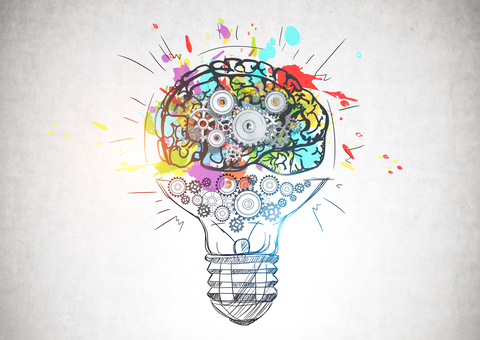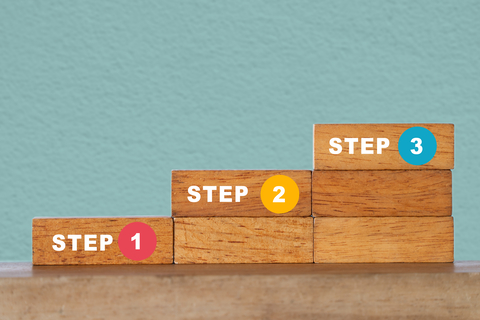Don’t let cognitive bias sidetrack your investigations
When you’re conducting research and investigations, it’s easy to get sidetracked by opinions, expectations, and wishful thinking. Sometimes we hope for or have too much invested in a particular outcome. Other times, we rely on our usual tools and techniques and don’t consider their limitations.
The technical term is cognitive bias, and it means that our assumptions and beliefs affect how we process or interpret our findings. It means that we alter our judgments based on these biases, and it distorts the truth.
When you’re conducting research or an investigation, it’s important to park your biases and proceed with an open mind. We’re not there to judge or prove anyone else’s point. We need to focus on the facts. And we can’t do our best when opinions get in the way.
What are some of the most common cognitive biases that you might encounter when you’re gathering information for research and investigations, and what can you do to avoid them? Here are just five that might come into play:
1. Confirmation bias – Favoring information that conforms to our opinion or hypothesis and discounting what doesn’t
We’re not here to prove what our clients want us to prove. We’re not here to judge the information we find, except for its authenticity and reliability. Just gather and report the facts, adding context as appropriate.
2. Anchoring bias – Relying too heavily on the first piece of information that we find
We all do it. We get excited when we finally find something useful and base the rest of the investigation on that one piece. While we need to follow leads, spend a little more time on gathering those initial facts before making changes in direction.
3. Automation bias – Over-reliance on automated tools and not verifying through manual methods
Comprehensive reports, packaged due diligence, online court record systems, software for mining social media, and other tools save time, but they’re a starting point. It’s just raw data that needs to be analyzed and verified, often through boots-on-the-ground research.
4. Overconfidence bias – Overestimating our ability or knowledge in a particular area
A lot of research and investigations is specialized these days, and you can’t do it all. I’ll never be able to take on surveillance cases, and even some research, like verifying patents, is best left to the experts.
5. Bias blind spot – Recognizing the effect of bias in the judgment of others but not in ourselves
Yes, it can can happen to any of us. We’re only human, and our own biases can get in the way. Take stock of how you approach your research, and stay aware throughout the process.
Don’t taint your research and investigations with cognitive biases. Keep an open mind, gather as many perspectives as you can, and explore the possibilities. Expand your toolkit, and never rely on just one source. Verify everything, and build your network of experts. It’s the only way to keep those biases from interfering with finding and reporting the truth.



